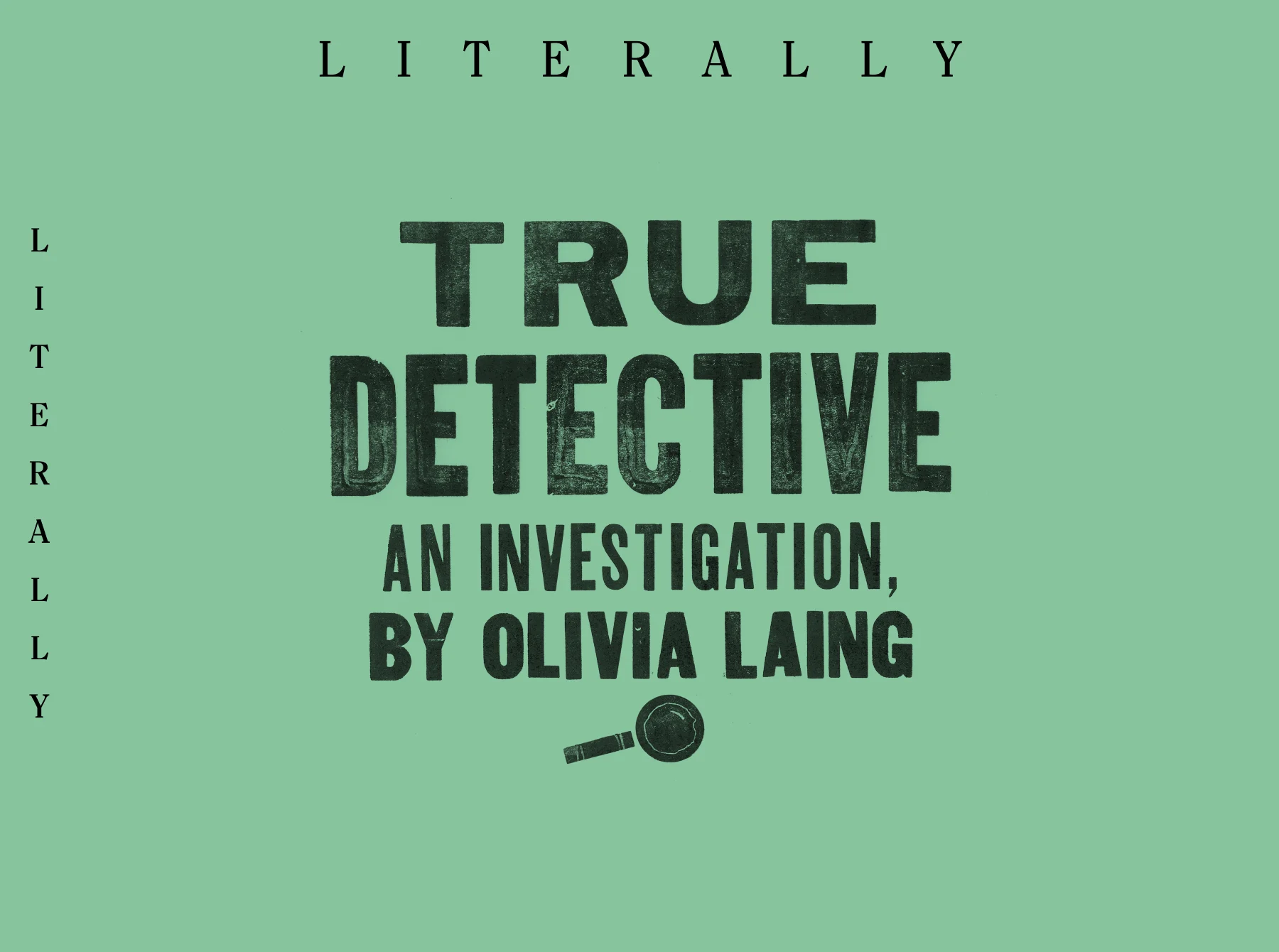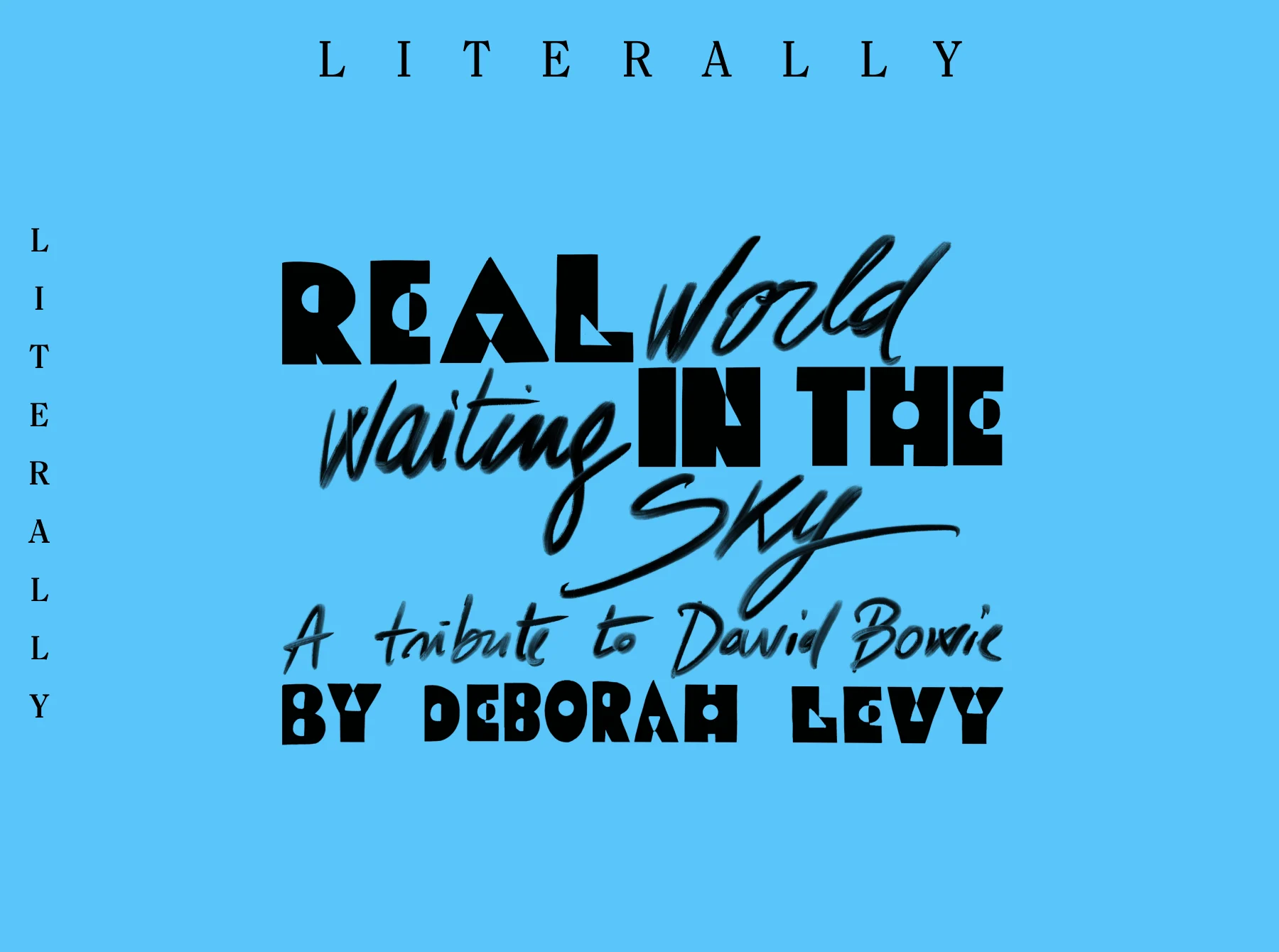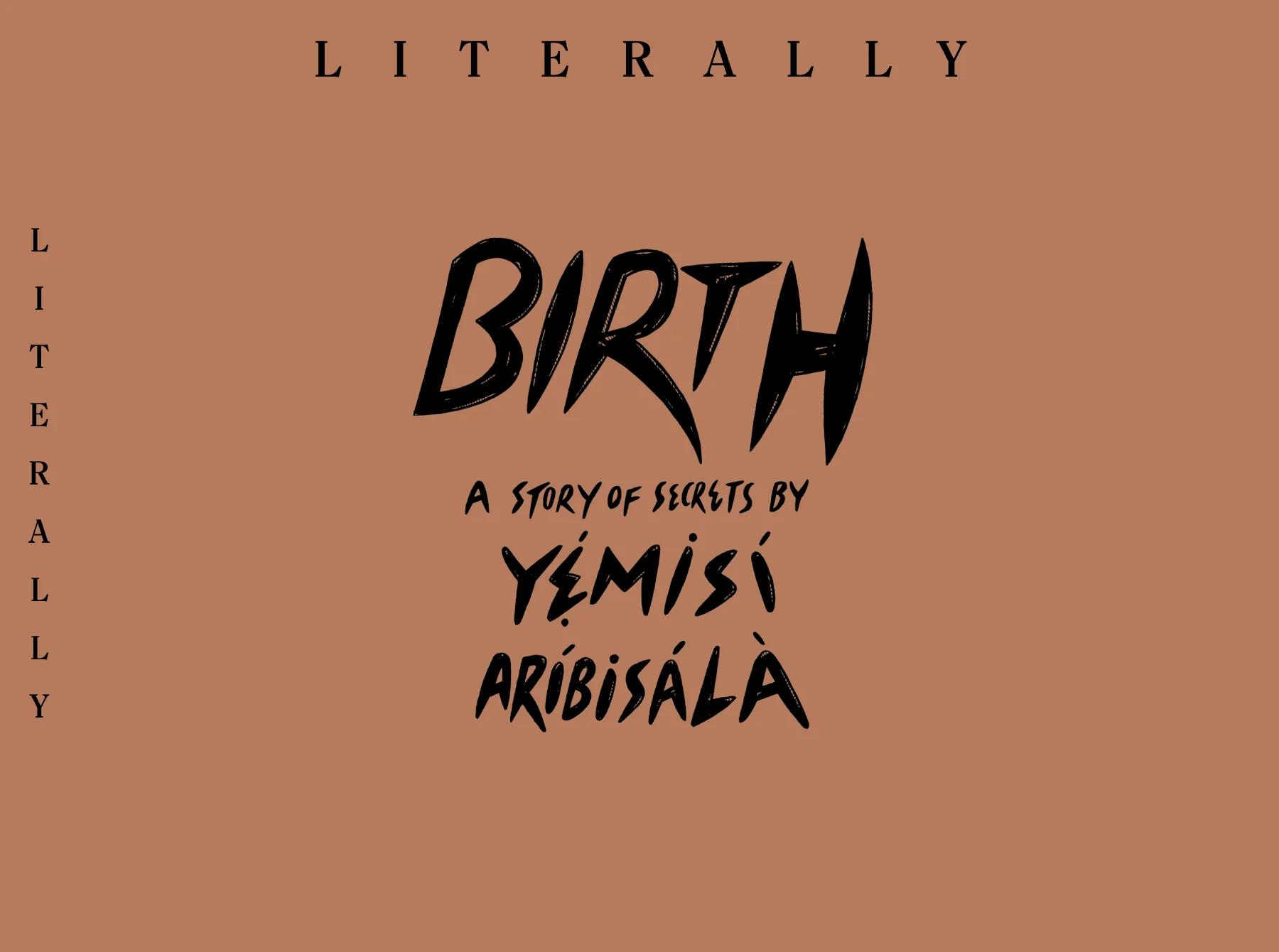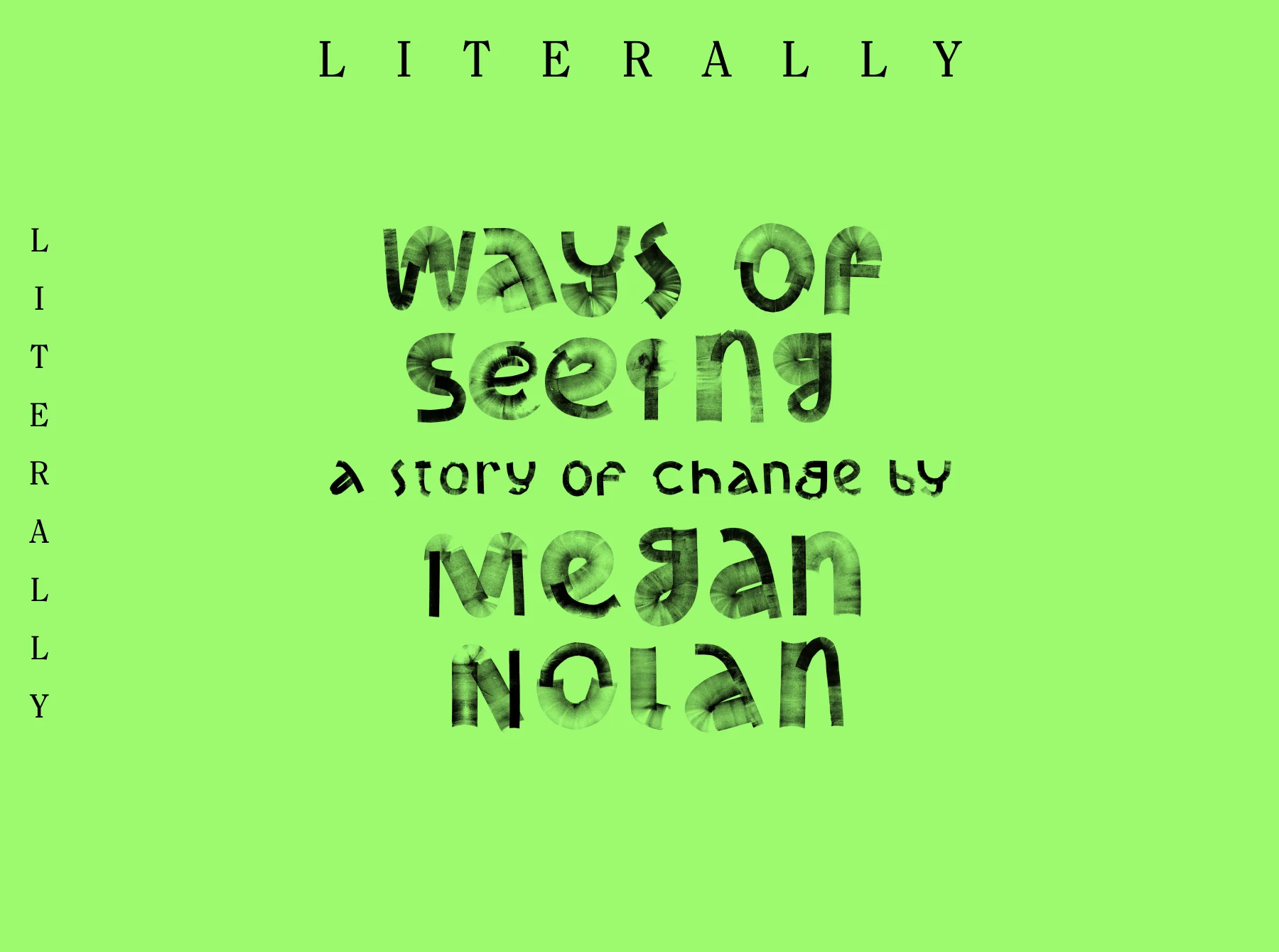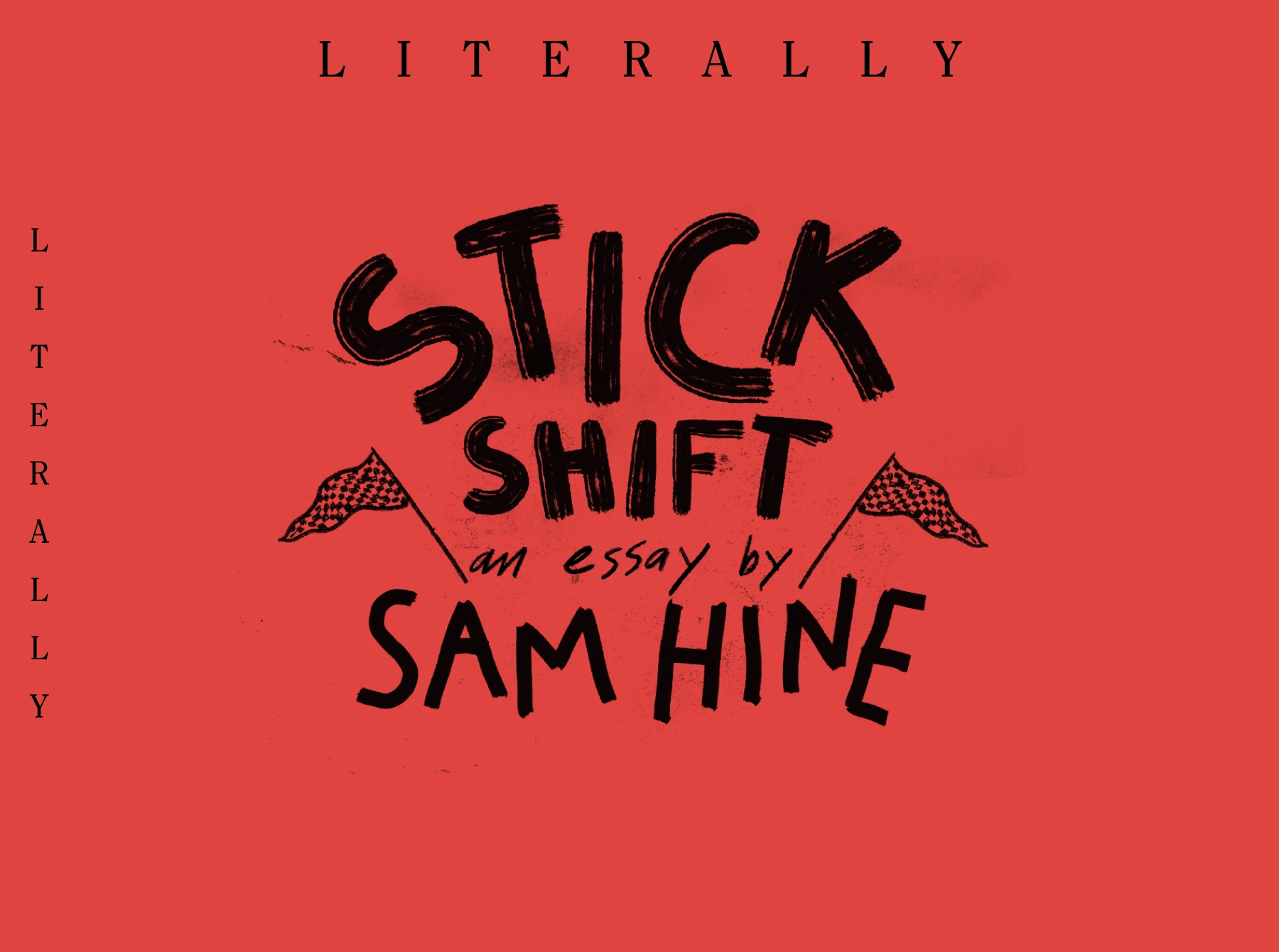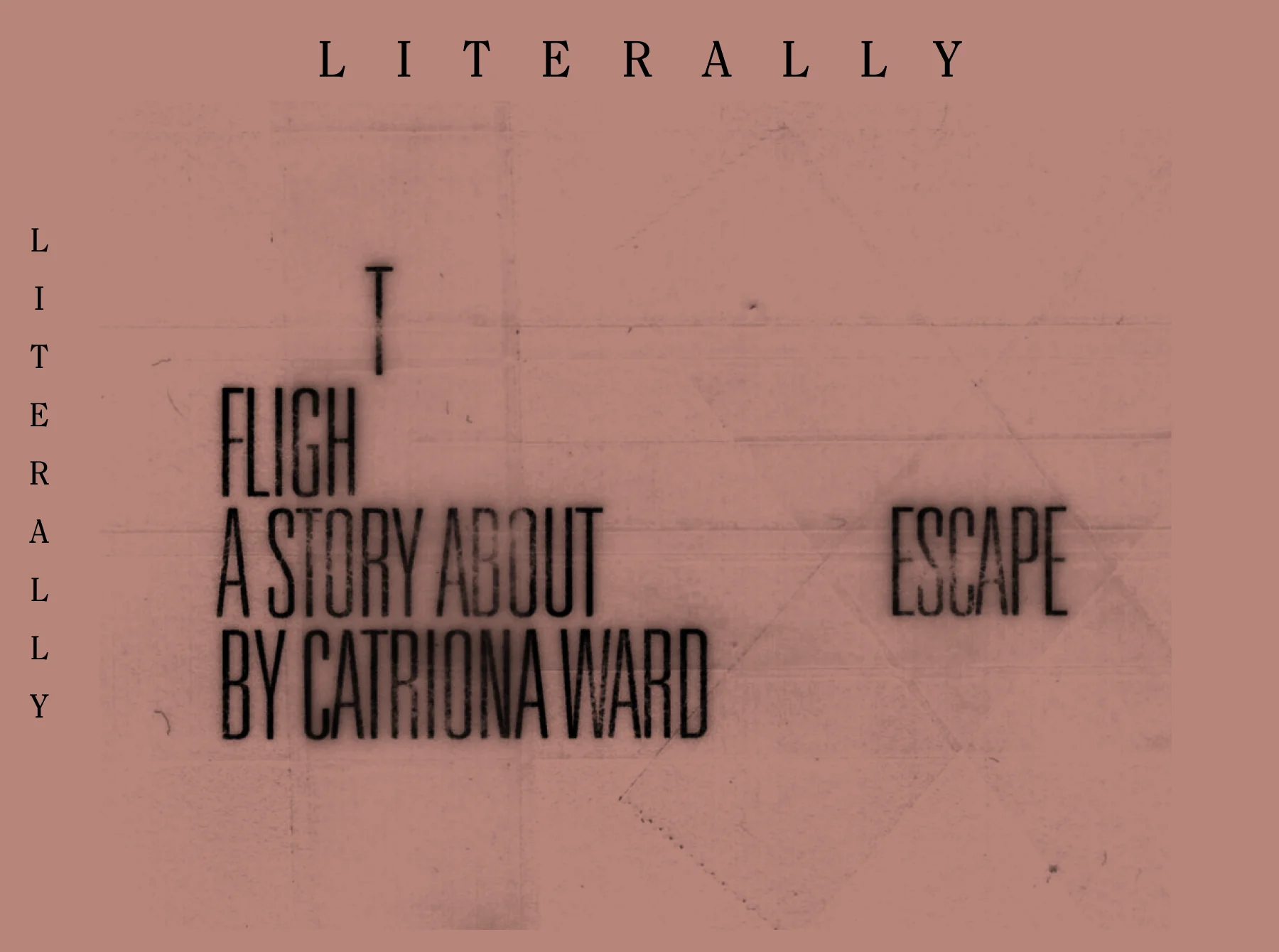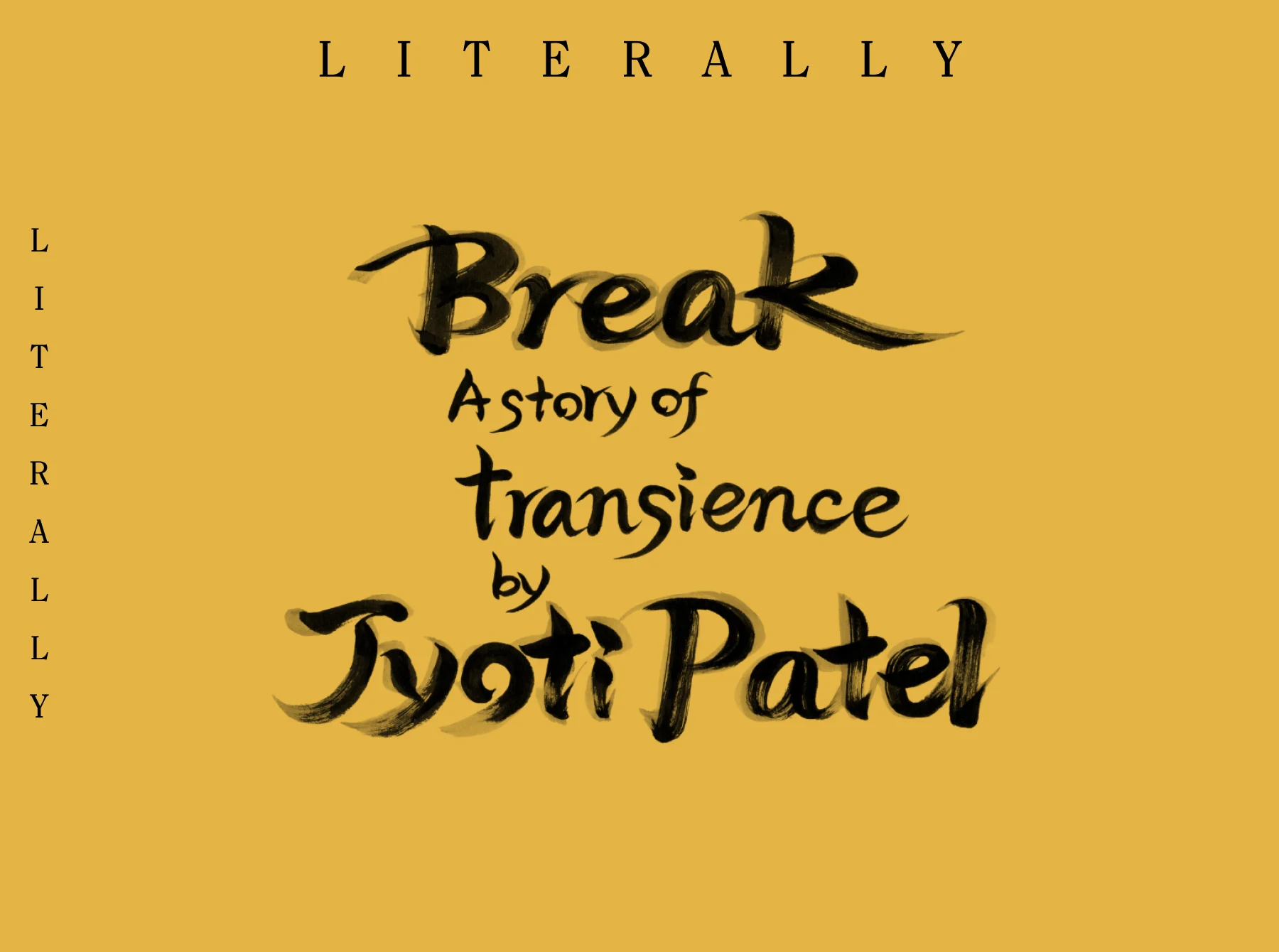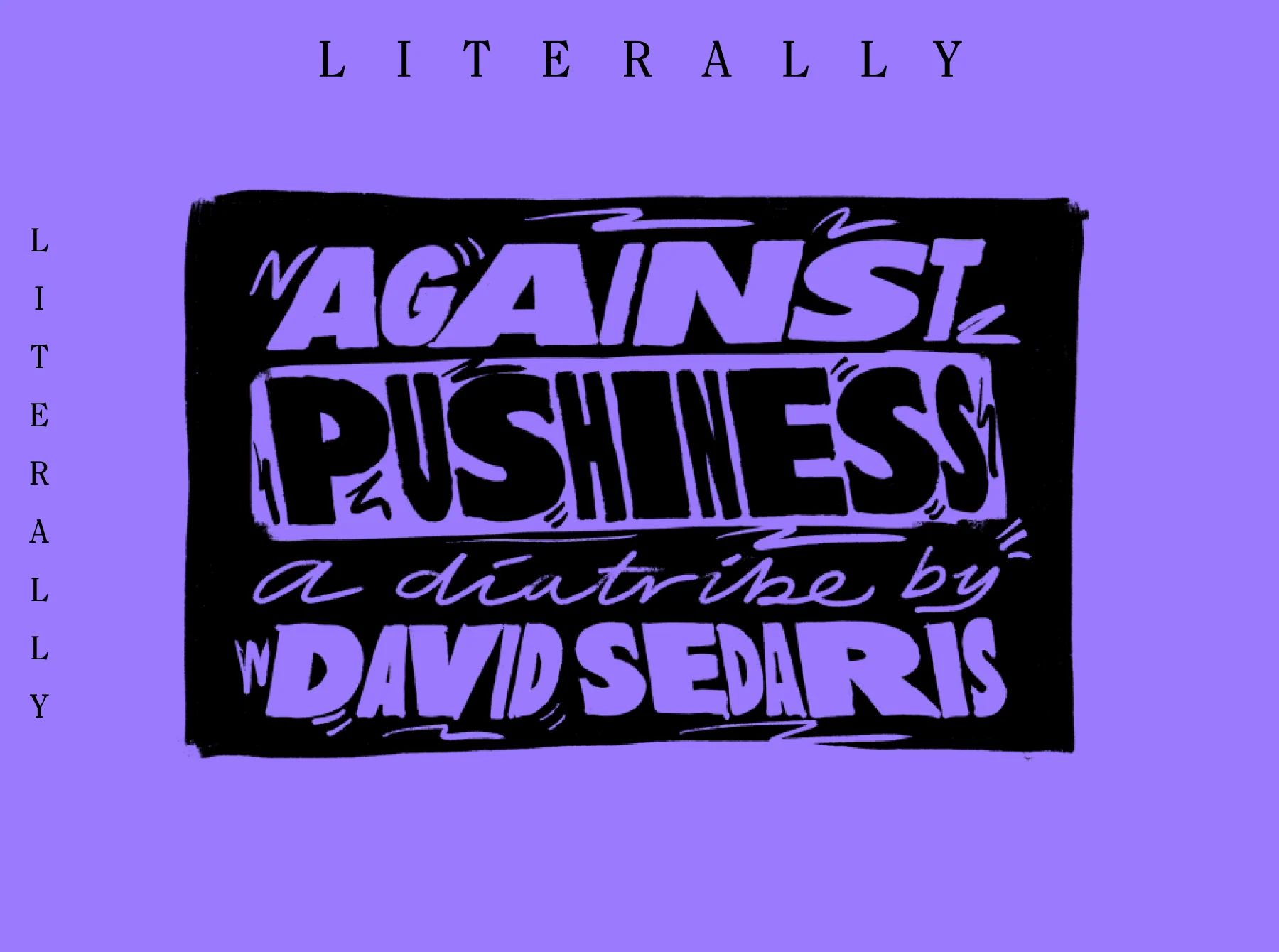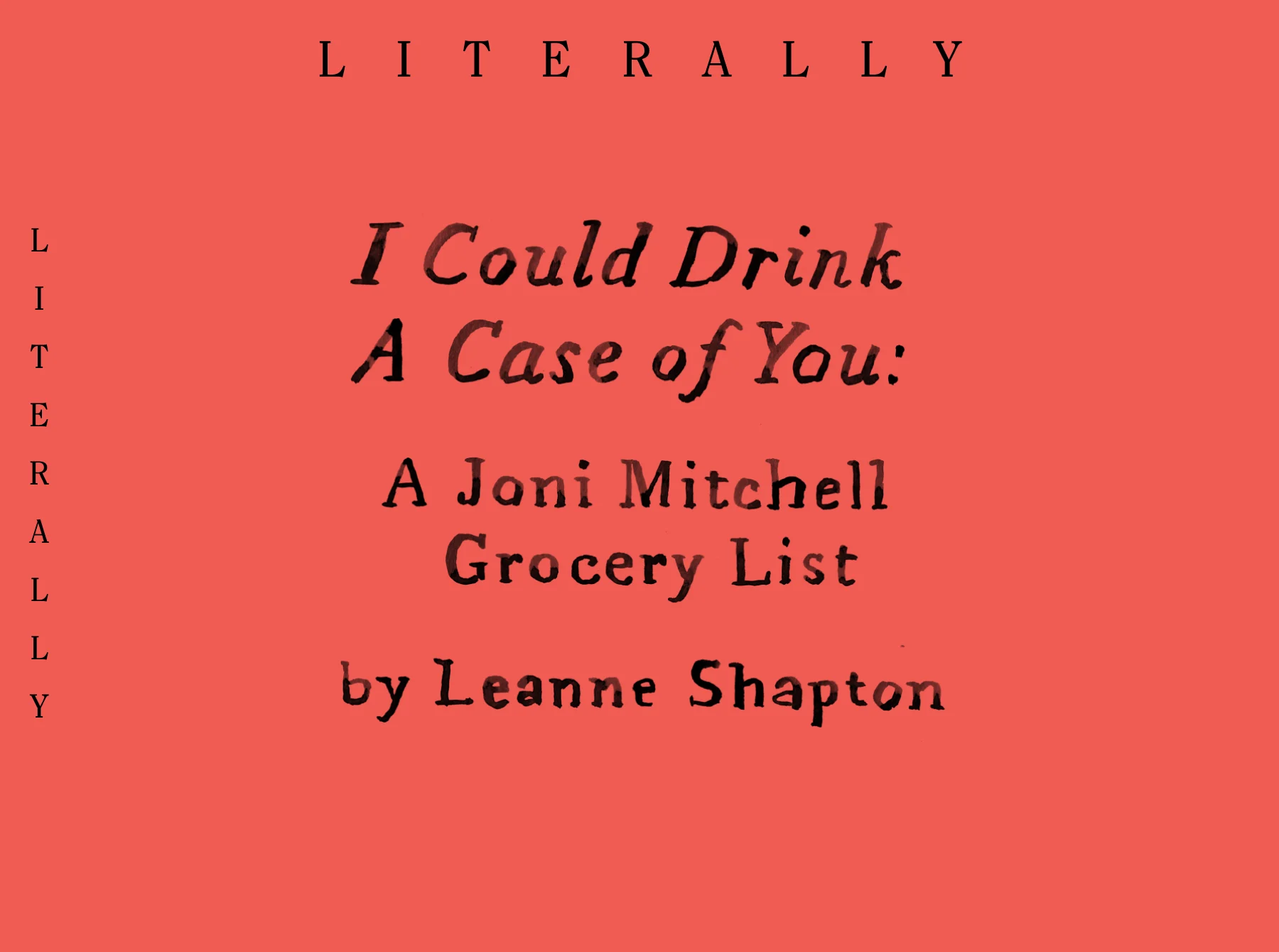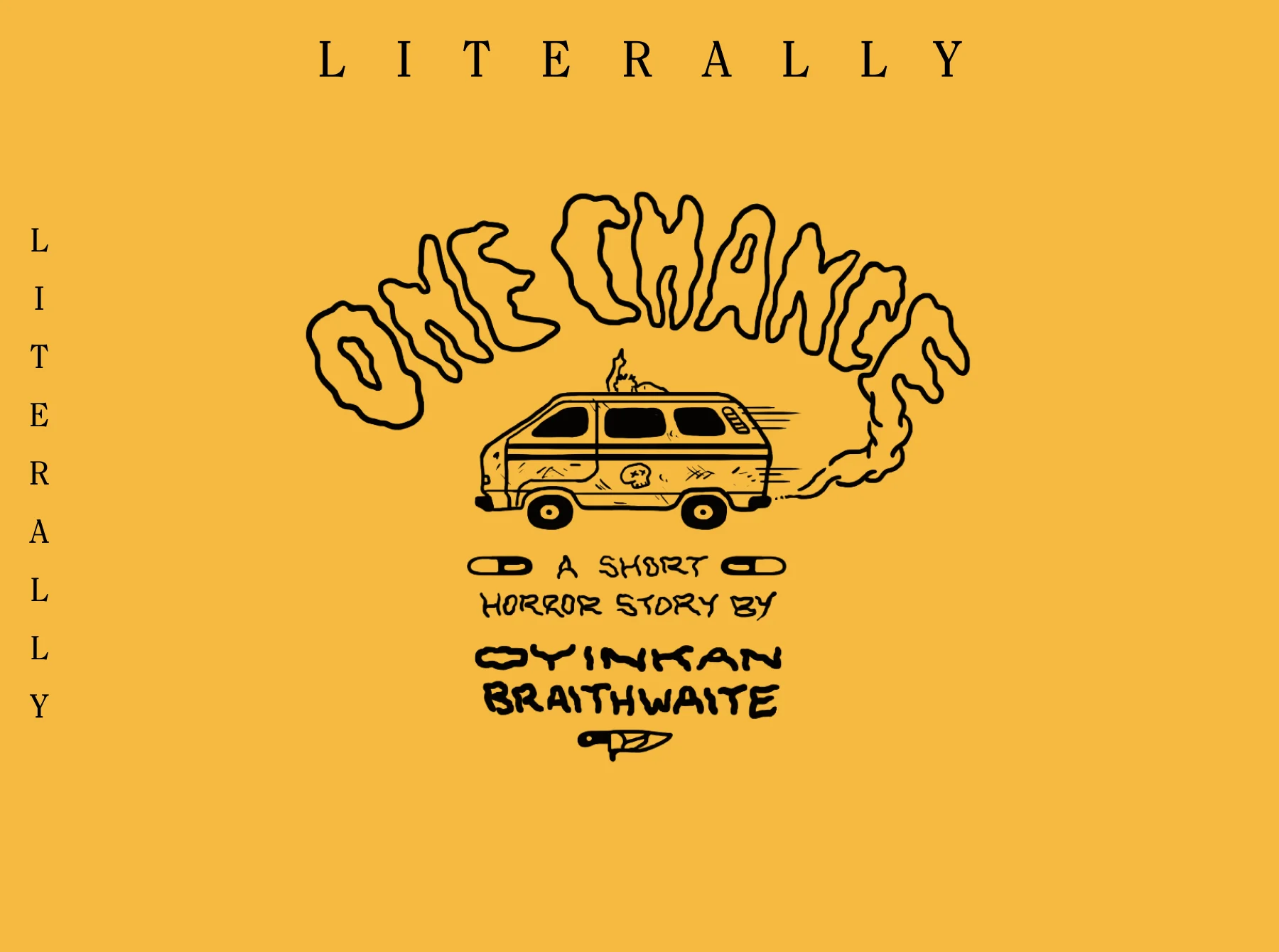

Nadia:
“This is my church. This is where I heal my hurts. For tonight God is a DJ.” Maxi Jazz's voice draws me into a synthesized trance as I pack the final boxes of my mother's things. I find the album stashed under my childhood bed and, in a delayed act of rebellion, place it into the boxy CD player that had been used exclusively for the past three decades to play songs of praise. For a moment, I close my eyes and mourn the loss of that feeling, the euphoria of being behind the decks at the club, feeding off the energy of bodies in the room, anticipating what will make them bend and flex and sweat.
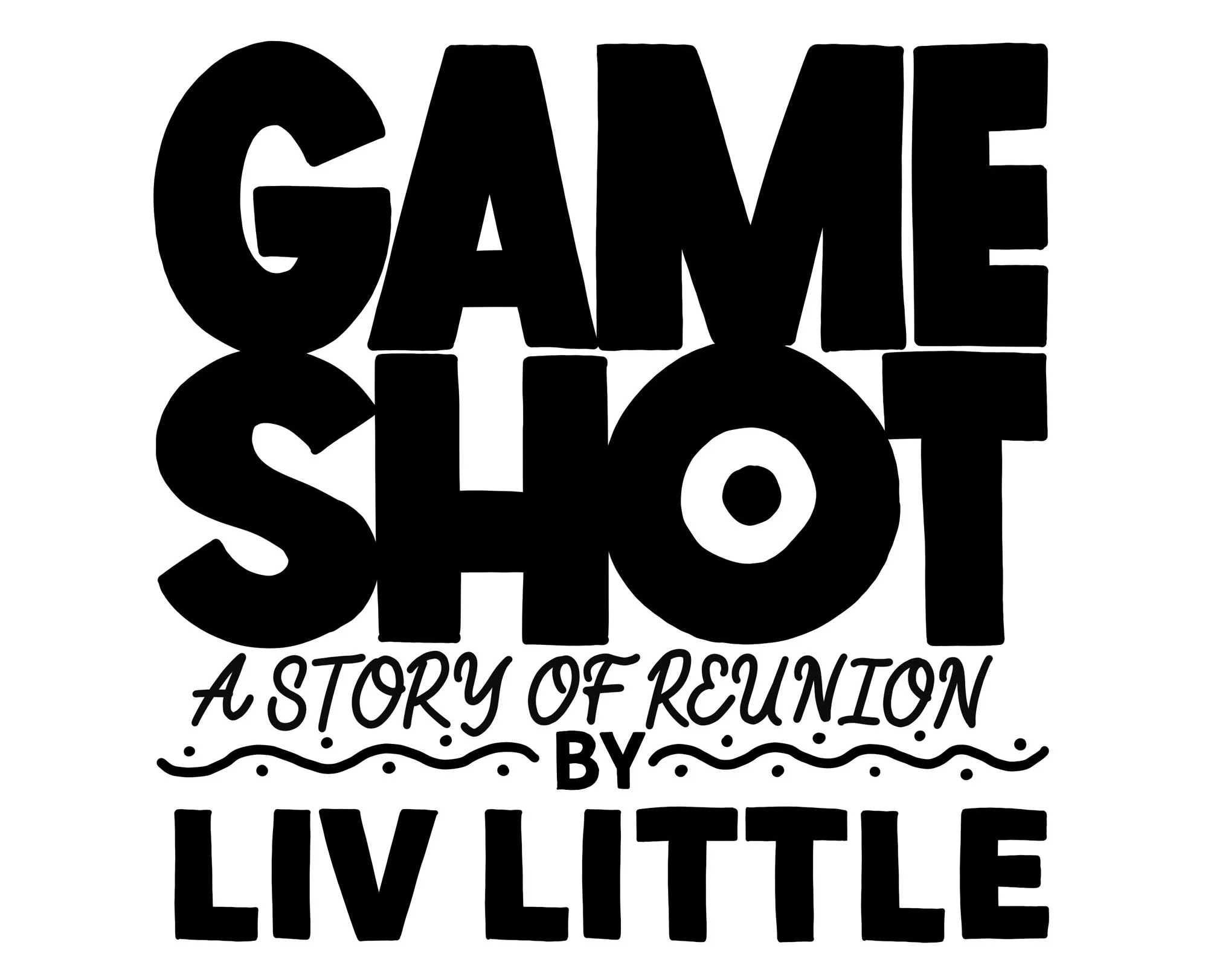
I’m transported to the end of the summer of 1998, the day I bought this track and ran to play it at a shebeen in a basement in the backstreets of Brixton. It was one of those evenings. I was in the zone, transported. Until the most infuriating human being approached me. Standing there, smiling at me intensely and never dropping her gaze, she thought she looked so cool in that crisp shirt and fresh twist out. This fine woman tried to pull me in with her smize, but I wasn't going to make things so easy for her. I didn't want to swoon like I'd seen so many other girls do around her. We met like this every week for a month until she came up and introduced herself. Maggie, her name was. I think about her often. Not just her, but that time in my life before things changed.
I've spent almost two decades caring for my parents. My dad died 15 years ago, but my mum, stubborn as always, hung on for a long time. Growing up, my parents and I were never even that close, but it was assumed that I would take on the bulk of care responsibilities as their child-free only daughter.

If my mother Soniia were still alive, I wouldn't be able to get away with blaring trance in her home, not even at the age of 47. She hated the music I loved. You will not play those demonic sounds in my house, she would say, not while I'm still alive. See, mum, I didn't betray you. I waited until you were gone. You would have thought that sickness would have softened her, but it seemed to make her even more miserable. It sounds awful to say it out loud, but I was relieved when she went into hospice last week and the doctors told us that this would be it. Yes, I was glad that she would no longer be in pain, but I was equally, if not more excited that I would no longer be forced to care for a woman who would berate me while I did so. So much of my purpose has been tied up in what I could give to my mother. But today, newly orphaned and pacing freely through the only home I've ever known, as Faithless fades away, I'm ready to recapture my joy.
It takes two weeks to sort through all of my mum's things. She held onto absolutely everything: boxes of old paperwork, shells collected from beaches in Barbados and Kent, and photo albums containing hundreds of pictures of my siblings on their wedding days. I've always tried hard to reject inheriting her hoarder habits, so most of the items I give to charity shops, but I hold onto a few bits for myself, mostly my dad’s old records. Once this place sells, I'll be able to get somewhere small that is full of life, color, and, most importantly, is all mine.

The only thing I’m yet to find a home for is the boxy television in the middle of the living room. It looks–and is–like something from a bygone era and yet, it still works, preserved in as good a condition as it was the day my parents brought it home. For a final time, I sit in the now cracked and flaking brown leather armchair that once belonged to my father, pour myself a glass of his aged rum and turn the television on.
I flick between the limited options of channels, from the darts, to an old Western movie, to “The Simpsons”, and back to the darts. I take a big swig of the rich, sticky liquid in my glass and just as I'm about to change the channel, I see on the screen, sandwiched in between a lineup of white men, a Black woman with locs preparing for her turn. I blink twice to check she's really there. She is, and with precision, her dart flies to meet the board's inner circle. I get up out of the chair and stand even closer to the television. It's her. It's Maggie. I giggle because, of course, she's chosen a career that would be absolutely unexpected for her, and one in which she would absolutely stand out. She looks the same. Older, with a little more weight on her and a collection of gray hairs in the middle at the front of her head, but the same. Similar swag and even more resplendent. I reach out and touch the screen, and static travels through my arm. Sitting cross-legged in front of the luminous box, I take a final swig of the rum and continue to stare at Maggie as she coolly and comfortably continues to play. She turns to the camera, delivering that famous smile from her eyes and I wonder if she can see me.
I pour myself another glass of rum, search for her on Facebook and decide to send her a message.
Maggie:
“Game, shot!” I'm replaying the echo of the darts referee announcing yesterday's win. It's a feeling that never gets old. I've only been playing competitively for a couple of years and I fucking love it. The precision. The camaraderie. My head stings slightly, sure it was that sixth bottle of Sol from that night that I'm feeling this morning. I make my way to the kitchen, find a Nespresso capsule and patiently wait for the water in the machine to heat up. As I wait, I check my Facebook notifications and there's a request from someone called Nadia. The name sounds familiar, though she doesn't have a surname listed. I accept, but there aren't any pictures on this person's profile, just the occasional song shared. I click and listen to a few of them in no particular order. Yellowman. Faithless. Lee “Scratch” Perry. My coffee's ready.
I notice an unread message sitting in my inbox. It’s from her. “Hi, this might sound completely nuts but I think we used to know each other. Used to date. It’s Nadia Brown.”
Fuck. It’s been 17 years since I last saw Nadia Brown and I remember the first time like it was yesterday. It was the 1990s. The first night I’d ever set foot in a queer party in the back, back streets of Brixton. I’d been given terrible instructions, told to look out for a blue door and remember some secret knock. Almost didn’t make it. I remember thinking it was a setup, but I’d made an effort to dress nice, so I circled the streets a couple of times until the elusive blue door presented itself to me. I was ushered in by a woman and her overprotective partner. They walked me through a hallway with original wooden features and peeling wallpaper. The closer we got to the basement, the more the deep bass and sweet melodies enveloped me. They were playing lovers’ rock. Down there, it smelt like sweat and tobacco and cocoa butter. It was another world. For the first time, I was surrounded by Black and Brown bodies bending and brukking out and a couple of boys whining up their waists. The air was thick, condensation dripping down the walls. I probably had a stupid look on my face, one of pure joy.
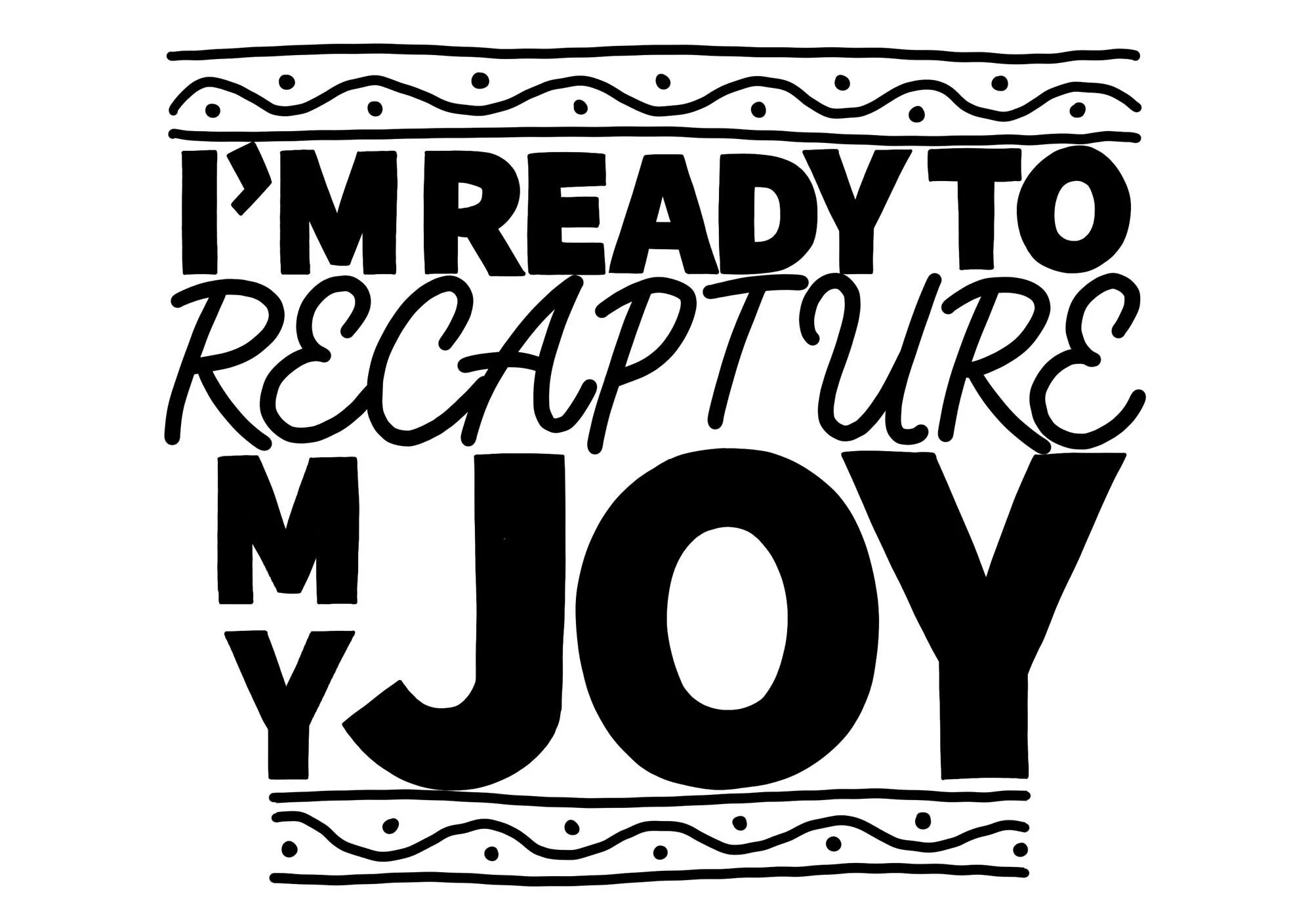
There were cliques in different corners of the room: the art school-looking gyaldem, the studs, the femmes and then me somewhere in between. I remember being so hot but refusing to take off my leather jacket. That’s when I saw Nadia Brown. She was getting ready to line up her tracks in a nylon white and blue windbreaker with matching ballooning bottoms. Hair organized in four buns with immaculate zigzag partings. There was a queue of people waiting to speak to her, enamored. She shooed them (us) away, so I decided to try a different tactic. I watched her from a distance, smiled at her but didn’t say anything, and waited for her to come to me, but for the first time in my life, it didn’t work. I knew she saw me standing there watching her, but she pretended not to see me. We met like this for months until one day, she couldn’t resist.
That summer in 1998, Nadia and I were practically joined at the hip. We spent every waking minute with each other. I'd never been so obsessed with a girl in my entire life. We didn't have much money then, so there were no fancy dates, just lots of partying and picnics in the park. I was sure she was the one, that person you're destined to spend your life with, but then she just disappeared. One day she didn't show up for drinks before a night out. I waited half an hour (as usual, she was never the most punctual person). I thought at first that maybe something terrible had happened, but my friends told me not to worry—she was probably tired from the night before. But then days went by and she didn't come to see me. Her place had always been off-limits; she still lived at home. But I showed up at her parent's house every week and every time they told me she wasn't in and eventually to stop coming around. I was persistent but after a while I resigned, certain that she must not have wanted to see me. But I never stopped thinking about her, Nadia Brown.

I decide to write back. “THE Nadia Brown. Been way too long. Want to go for a drink tonight? Boom for old time’s sake.” Much to my surprise she agrees.
Nadia, who is already sitting in the corner of the room, sips on her pint, catches my eye, and smiles as I walk towards her. Her hair has changed. It's short now with just a couple of inches of black curls with flecks of gray running through it. We're big women now. Both of us hesitate for a moment but then she stands up, scans my face and gives me a squeeze, I feel my muscles soften. I hadn’t realized until now but I’ve been nervous, worried that things would be awkward or that I wouldn’t be what she’d expected. She comments on my silver tooth and how shocked and pleased she was to see me on the TV playing darts. She throws her head back and laughs from her belly.
We catch up for hours and update each other on where our lives are now, how we got here, and why we both chose not to have children. The losses. The loves. The reason she disappeared all those years ago. My parents, they needed me, she tells me, as a single tear streams from her right eye. She didn’t want to stop talking to me but her life became complicated when she found out her dad was sick. She had to be there for them and she couldn’t juggle all of it. She tells me that I seem less arrogant than before and I laugh. I want to say that she seems less confident than before but I decide not to. She’s been through it this past couple of years.

It takes a couple of drinks for us both to loosen up. The stories of Nadia’s life are spilling out of her and I’m a welcome recipient, drinking in the rich detail of what’s happened in the past 17 years. I thought she had just vanished. One day she just stopped returning my calls, her name was absent from flyers advertising nights out and the seamless way she mixed and blended different genres was painfully absent from the parties she used to play. I wish she’d told me what was going on at home, really let me in.
Nadia’s face has hardened with the weight of the responsibility she’s been carrying, but she seems relieved to be getting it all out. She gesticulates rhythmically as she speaks. She’s a better woman than me. There’s no way I could have cared for my parents while they scolded me. I reach out and touch her right hand and tell her how fortunate her folks were to have her and how it’s never too late to rebuild. She squeezes the palm of my hand and I ask her if she still has that boiler suit, and a familiar snort is revealed when she laughs. Nadia orders another round and when the bell rings for last orders, it’s just us left, reluctant to leave the booth we’re sitting in. This is my local, and Bea, the girl working tonight, is ready to go home, though I can tell she doesn’t want to force us out. We settle up and end up strolling through the streets of Streatham, nattering, unaffected by the cold air. We walk, and we walk, and we talk until we reach Nadia’s place. The door I stood outside, the windows I peered in hoping to catch a glimpse of her through all those years ago. The place I was never allowed to enter. I feel like a nervous school kid, shuffling about, unsure about what will come next.
You’re more beautiful now than ever, she says.
Nadia:
Maggie reaches out and touches my face and I, in turn, touch her hand, where it meets my cheek. Her palm is cool, but I welcome the chill. I want to invite her inside, but I don't want the next chapter of our story to start here, in my parent's place. We remain in this position for minutes, eyes locked and reluctant to disconnect, to lose each other again. As Maggie says goodbye, I know that this time, it won't be years until I see her next. This is the beginning of a new chapter for us both.

Liv Little is a writer of Jamaican and Guyanese descent via South London. Liv tells stories with heart about the people and places that matter to her. Her work spans journalism, audio, TV and curatorial projects for which she’s received various accolades, including LGBTQI+ Broadcaster of The Year and Rising Star at Wow. Her short story, “The Sisters” was published in the critically-acclaimed “HAG” (Audible), a collection of forgotten folktales retold. She was a BBC writer in residence for 2021, in which she developed an original pilot for a queer conspiracy thriller. She was included on the Brit List for 2022/23. Liv is most at peace in nature, and she now lives by the sea. Her debut novel, “Rosewater”, will be published in 2023.
If you liked this story, Liv recommends you try “Moments in Love”, a TV show starring the “incomparably talented Naomi Ackie. Written by and co-starring Lena Waithe. A slow TV show exploring the intricacies of long term relationships, mapping the home of one couple as their dynamic shifts and complexities of parenthood for those living outside of heteronormative standards…” She also recommends reading “Here Comes The Sun”, an intergenerational story set in Jamaica by Nicole Dennis Benn. Delicious dialogue that maps three generations within a family as they navigate life, loss, and colorism. Liv also recommends listening to “The Two Twos” podcast, “A British staple spearheaded by Nana and Rose.”
Literally is WePresent’s slowly expanding library of written commissions by some of the best writers in the world. The hand-drawn typography on this page was created by Emmanuel Adjei.


